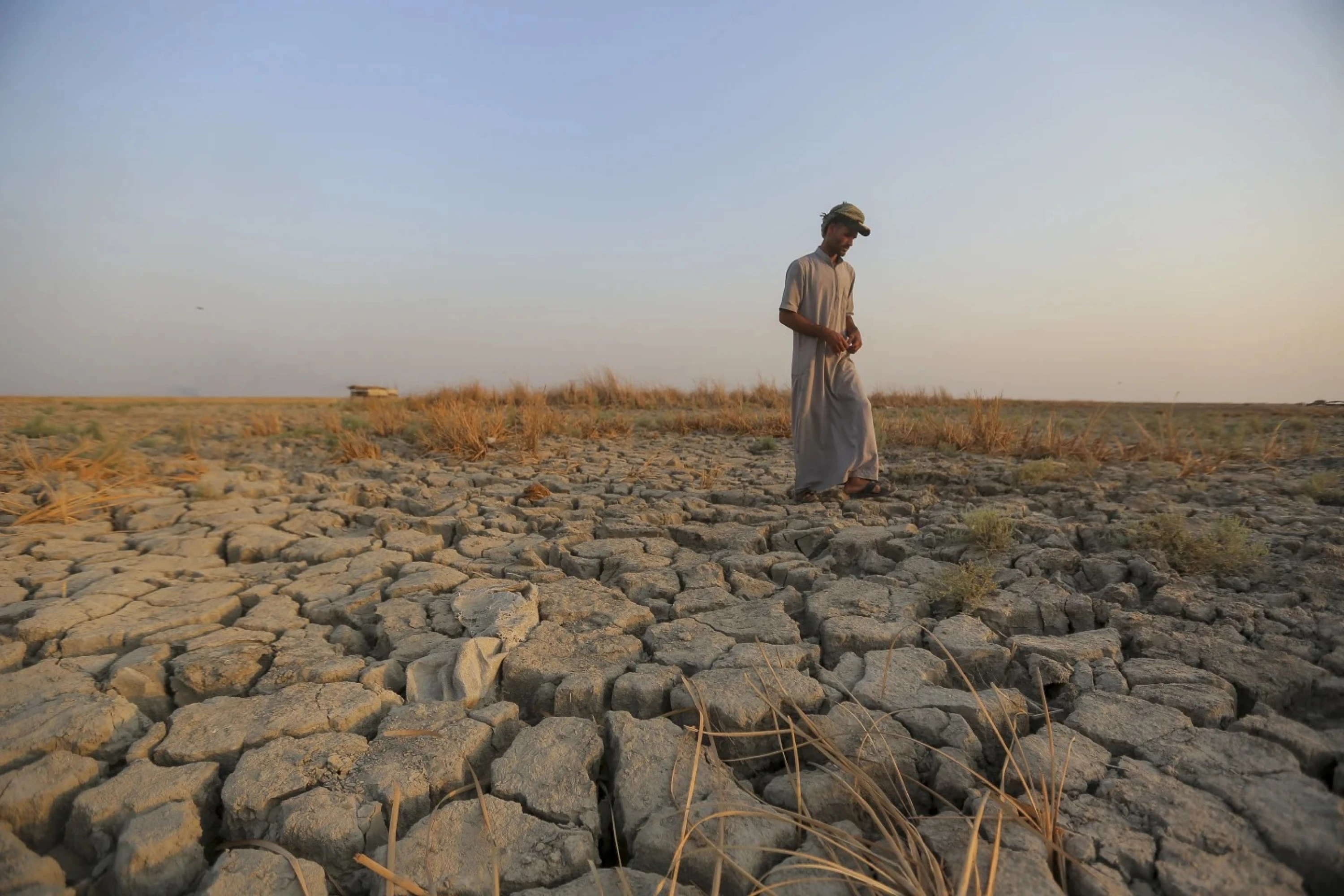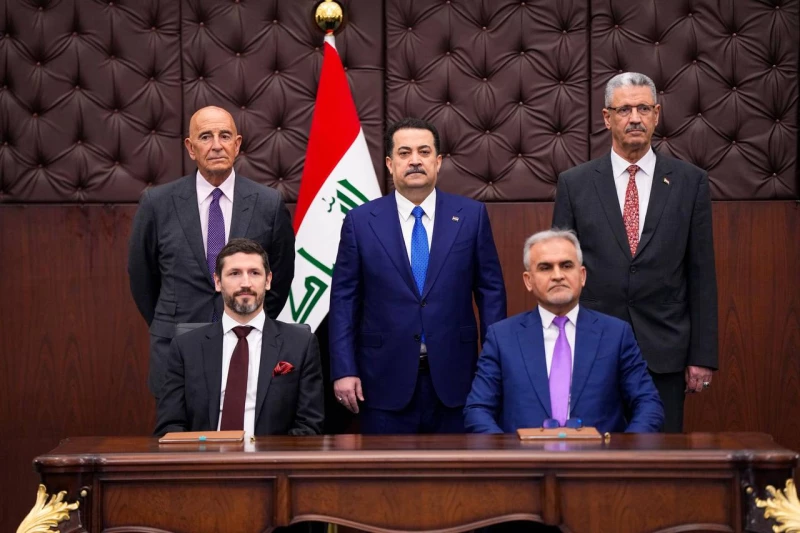ERBIL, Kurdistan Region of Iraq – Iraq will join a rapidly growing list of 65 nations that are expected to face extreme climate hazards by 2040, the United Nations warned on Monday, with the countries holding over 45 percent of refugees and IDPs globally.
Iraq ranks fifth among the most vulnerable countries in the world to the effects of climate change, according to the UN, with many already displaced due to severe climate conditions such as drought and extreme heat.
“By 2040, the number of countries facing extreme exposure to climate-related hazards is projected to rise from three to 65. Most of these countries already host displaced populations (i.e. Cameroon, Chad, South Sudan, Nigeria, Brazil, India and Iraq),” the UN Refugee Agency (UNHCR) said in a report.
“Together, these 65 countries host over 45 per cent of all people currently displaced by conflict, while half of the countries experience fragility or conflict,” it added.
The World Bank warned at the end of 2022 that Iraq faces an urgent climate crisis, which requires a new development model centered on environmental protection.
It called for economic diversification and less dependence on oil and carbon, noting that climate-driven migration may affect one in every five Iraqis by the end of the decade if urgent action is not taken to protect natural resources and improve water management.
Iraq needs about $233 billion in climate investments by 2040, equivalent to six percent of its annual GDP, to meet urgent development needs and protect natural resources, according to the World Bank.
In March, a UNHCR report indicated that Iraq hosts more than a million internally displaced persons (IDPs). Following the rise of the Islamic State (ISIS) and the over a decade-long Syrian civil war in 2011, many Syrians sought refuge in neighboring countries, fleeing for their lives.
According to the report, the countries at risk are also more prone to natural hazards than the national average.
“Many such locations are also water-scarce or flood-prone, leaving displaced communities highly vulnerable to unsafe, unreliable water access. This amplifies health risks, food insecurity, and social tensions, while undermining long-term resilience for both displaced and host
communities,” it said
“This can be observed in the case of IDPs settling on unpaved roads that are prone to flooding in Iraq,” the report noted
Climate change in Iraq has already forced over 100,000 people into displacement due to severe drought, especially in the country’s southern provinces.
In May 2024, the UN’s International Organization for Migration (IOM) said over 23,000 families, numbering more than 140,000 individuals, remain displaced because of climatic factors across 12 Iraqi provinces.
UNHCR said that by mid-2025, 117 million people had been displaced by war, violence, and persecution.
“These are people who have already endured immense loss, and now they face the same hardships and devastation again. They are among the hardest hit by severe droughts, deadly floods, and record-breaking heatwaves, yet they have the fewest resources to recover,” UNHCR chief Filippo Grandi said in a statement.



 Facebook
Facebook
 LinkedIn
LinkedIn
 Telegram
Telegram
 X
X


